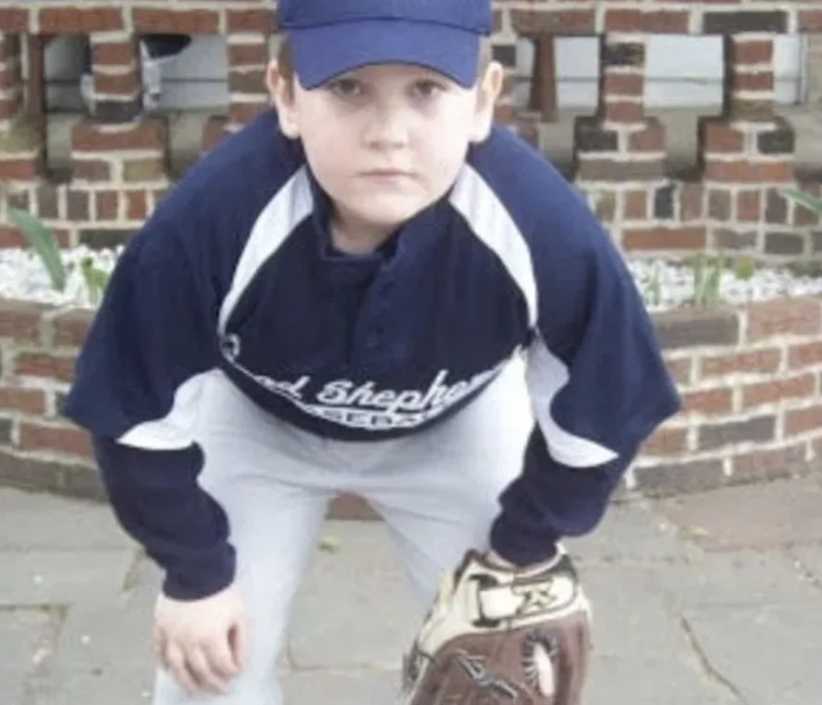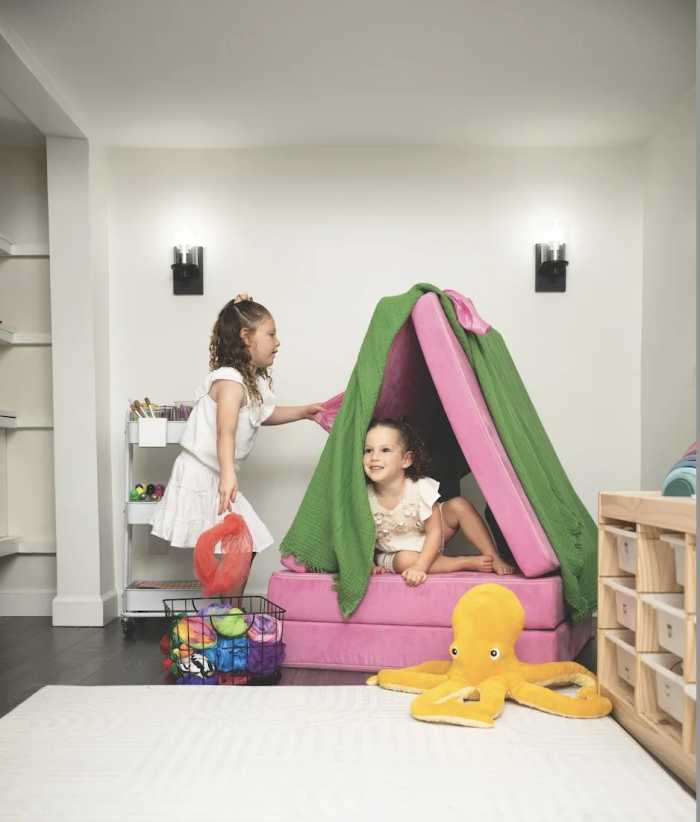Do you have a child with a behavioral problem that you have been unable to change? Perhaps you have a child that has a habit of hitting. Maybe you have a kid who constantly whines. Or possibly, you have child who has trouble answering questions and acts apathetic when asked for an opinion.
If these frustrating scenarios sound familiar to you, it would be worth your while to read “Love Your Family Again: The Guidebook for Becoming the Parent of Your Dreams,” by best-selling author Dr. Marcie Beigel, whom NY Parenting readers know for her monthly column Behavior Therapy. With a specialty in “behavior,” Beigel is a board-certified behavior analyst-doctorate, and has two master’s degrees as well as a doctorate from Teachers College, Columbia University.
Beigel sees her book as a reference guide for families whenever misbehavior arises. In it, she provides three essential keys “to unlock solutions for behavioral problems:”
• Speak with purpose, as words matter.
• Do more, as actions count.
• Choose honey, as perspective is powerful.
Although Beigel knows her book “cannot replace individualized supervision, counseling, and personalized support,” she believes parents will find it useful because “the strategies are general and the concepts broad.” Beigel also reminds her readers that she uses the term “small beings” when referring to children “to remind us that we are all human and deserve respect.”
Speak with purpose, words matter
Beigel thinks children know when parents do not follow through on their word, so it is important that caregivers only give instructions when they are “ready to enforce compliance.” If you tell your children what actions you want to see, then they can clearly follow directions.
As an example, Beigel outlined a scenario of a 4-year-old boy who had a habit hitting, which she describes as a “defensive instinct.” Recommending that parents stop constantly telling a child to not hit, she suggested the parents keep track of when and where the hitting was occurring. With this information, the parents could then recognize a behavioral pattern and intervene at appropriate times to prevent their child from hitting in the future. Beigel also presented various reasons for why a child misbehaves.
In the first instance, every time the child hit, he received individualized attention from adults. By tracking that the boy was alone for a while before he started hitting, it became obvious that he was misbehaving for attention. As a result, the parent was able to time when it was necessary to intervene and give the boy the attention he needed before he started to hit.
The second reason for misbehavior was if the child was hitting to escape. Beigel gives an example of a birthday party that became too chaotic for the child. Before the child had the chance to hit, the parent would intervene and give the child a break from the scene.
Sometimes a small being hits because he likes the feeling of the pressure against his skin. In this instance, the parent must let the child know “that hitting is never fun, funny, or playful.” Parents can teach their kids to hit a ball or engage in clapping games to demonstrate when hitting is appropriate.
Do more, actions count
Beigel gives an example of a small being who whines because “he is not in a calm mental state.” The child whines often “as a regular form of communication because it works for him.” If the boy does not get what he wants quickly or at all, he may find that whining will get him attention and even control.
To correct this small being’s behavior, Beigel recommends parents stop providing the child with attention for whining and “start providing attention for good behavior (proper, kind, polite, appropriate) communication.”
With a plan in place, parents should let their child know that he needs to speak “in a full, beautiful voice.” They will not respond to him if he whispers, whines, or yells. If the child does not meet these expectations, the parents can ask the child to repeat his sentence until he speaks in a regular voice.
This new way of speaking is called replacement behavior. Parents should remind their child of this new replacement behavior about three times a day. If a parent does not provide a replacement behavior, one negative form of acting will be replaced by another.
The longer the child has been whining, the longer it will take to replace or remove it. If your small being has been whining for three or four years, it may take several months until he stops the negative behavior. If he has suddenly started to whine, it may take only a few weeks to eliminate his misbehavior.
When the child finally does speak in an appropriately toned voice, parents should celebrate this achievement. Any improvements in behavior should be recognized and serve as an impetus for better behavior in the future.
Choose honey, perspective is powerful
Beigel believes that if parents repeat expectations every time an event begins, they will spend less time correcting their children later on. When parents first start a behavioral program, small beings should be praised for even their smallest steps of improvement.
When parents talk about their children, they should stop complaining about their negative behavior and speak about their children in a positive tone of voice. Beigel reminds parents that they should not take misbehavior personally, as “kids do not act out to make their parents miserable.”
If a parent feels overwhelmed by their child’s misbehavior, they should break down their action plan into small enough steps to make it achievable. Beigel encourages parents to create a log of their child’s improvements, which they should refer to when they start to feel discouraged.
Beigel gives an example of an 8-year-old girl named Chloe who “found it very challenging to make decisions.” Although she acted like she didn’t care, Beigel realized that Chloe cared very much. The small being needed help but did not know how to get it. Beigel observes, “This is a child who expects to fail. She expects to get into trouble and mess up.”
As the girl’s therapist, Beigel found out that Chloe had “older siblings with lots of opinions and often told her that her ideas were stupid.” In contrast, whenever Chloe answered a question, Beigel celebrated her answers. After receiving much positive feedback to her responses, Chloe slowly started to say what she wanted to do.
As Beigel recalls, “My enthusiasm for her ideas brought out her opinions. She always had them but was hiding them. Now she was able to make her voice be heard.”
Another exercise Beigel uses with her apathetic clients is something the whole family can participate in. Have your child stand up with her hands on her hips and her feet apart in a “classic Wonder Woman” pose. Have the child repeat saying, “I am amazing.” Set up a timer and have your small being repeat this phrase over and over until the timer goes off.
While this exercise does sound a “little silly,” it does change how small beings feel about themselves. Beigel says numerous research studies “support how physical shifts can create psychological and physical changes. It is hard to get into trouble when you believe that you’re amazing.”
Parents as role models for good behavior
As a role model to your children, parents should not gossip or complain about everything to their small beings nor respond to them sarcastically. If parents behave negatively, children will follow that behavior.
Furthermore, parents should not tolerate mean behavior, and should let their children know if they do not behave kindly. Parents should let their small beings know that there are expectations as well as consequences for polite and rude behavior.
Most importantly, Beigel writes, “Teaching small beings to have outstanding behavior requires ongoing attention. The best way to ensure you stay on track is to make monitoring behavior a daily habit. Don’t wait to be reactive. Use these tools in your family every day. Small steps every day make all the difference.”
Allison Plitt is a frequent contributor to this publication and lives in Queens with her 12-year-old daughter.























